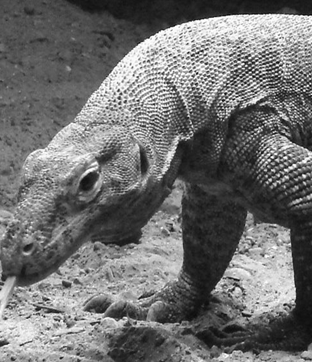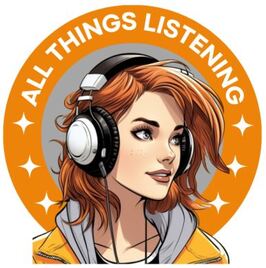The Amazing Komodo Dragon
Part 1: Listen & Understand
Listen to the article about Komodo dragons, and then answer the questions below (click 'Let's Go' to check your answers.)
Listen to the article about Komodo dragons, and then answer the questions below (click 'Let's Go' to check your answers.)
Part 2: Grammar-in-Context
Read the article and choose the correct words to complete the sentences (click 'Let's Go' to check your answers.)
Read the article and choose the correct words to complete the sentences (click 'Let's Go' to check your answers.)
The Amazing Komodo Dragon
Have you ever seen a small lizard in a garden? How about a giant lizard? In the (1)_____, island country of Indonesia, there are between 4,000 and 5,000 giant lizards called Komodo dragons. They (2)_____ Komodo dragons because on of the five islands they live on is called Komodo Island. They are the largest species of lizard (3)_____. Adult Komodos are usually three meters long (4)_____ weigh about 70 kg. The (5)_____ Komodo ever was an amazing 166 kg! European scientists discovered (6)_____ in 1910, and when Hollywood producers heard about them they (7)_____ a movie about a giant gorilla called 'King Kong'. The Komodos live for about 40 to 50 years. They (8)_____ almost anything they can catch; for example, birds, bird eggs, monkeys, deer, and horses. Sometimes (9)_____ even eat other smaller Komodos, and sometimes (but not often) even people. They especially (10)_____ to eat dead and dying animals. There are only about 50 Komodo dragons around the world. (11)_____ there are so few of them living in the wild, a park called Komodo National Park was opened in Indonesia in 1980 to (12)_____ them.







